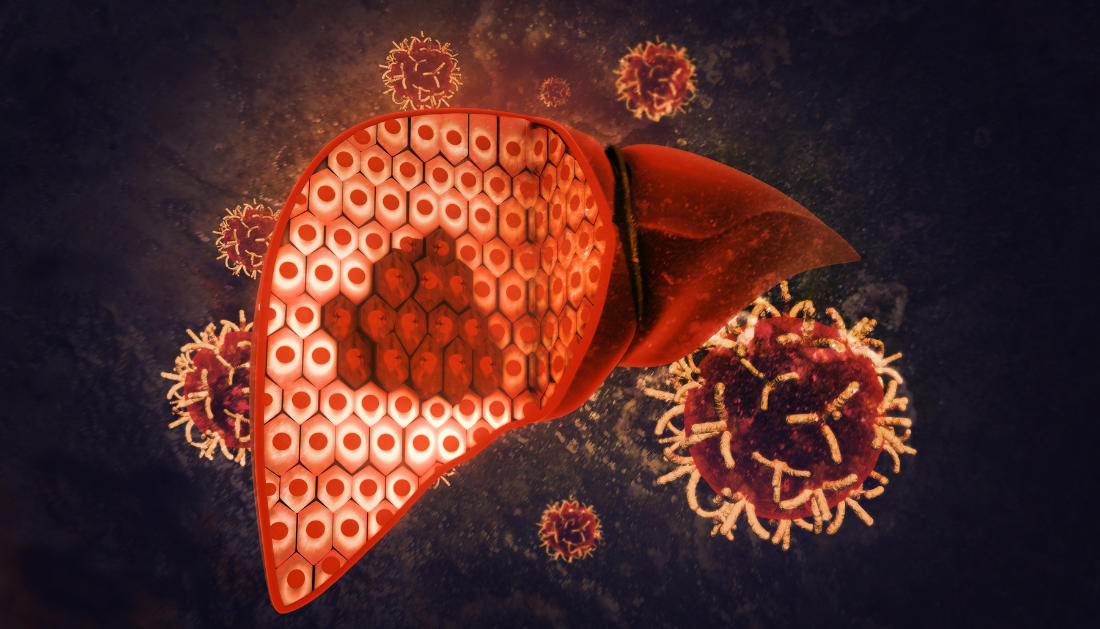

A recent study published in Acta Materia Medica explores the significant role of fatty acid (FA) metabolism reprogramming in hepatocellular carcinoma (HCC), a common form of liver cancer. While it is known that FA reprogramming plays a pivotal role in cancer, the specific contribution of altered fatty acid metabolism to the heterogeneity of HCC had yet to be fully understood. Using advanced bioinformatics tools, including single-cell sequencing and non-negative matrix factorization (NMF) algorithms, researchers have shed light on how fatty acid metabolism is reprogrammed in HCC and its impact on patient prognosis.
The study involved a detailed analysis of 13 types of HCC cells, with the highest levels of FA metabolic aberrance found in epithelial cells. In contrast, certain immune cells, such as B cells, CD8Tcm cells, and Treg cells, exhibited lower levels of FA metabolism aberration. Interestingly, epithelial cells displayed significant diversity in fatty acid metabolism, with a wide distribution of values ranging from −0.2 to 0.8. This diversity is a key feature of HCC heterogeneity, as it reflects variations in the metabolic processes occurring within the cancerous cells.
Further analysis revealed that low FA metabolism was associated with poor prognosis in HCC patients, as shown by survival analysis (log-rank test, P=0.0089). Conversely, higher oxidase expression correlated with lower oncogenesis risk and better overall survival rates. However, enzymes involved in synthesis, oxidation, storage, and release showed considerable phenotypic diversity within HCC, highlighting the complexity of metabolic alterations in liver cancer.
The findings emphasize that fatty acid metabolism reprogramming is strongly linked to the heterogeneity of HCC, which can significantly impact treatment strategies and patient outcomes. These insights open the door for potential therapeutic targets, focusing on metabolic reprogramming in HCC treatment. Get more insights on cancers in women.
More Information: Guo, Y., et al. (2024). Bioinformatics-based analysis of fatty acid metabolic reprogramming in hepatocellular carcinoma: cellular heterogeneity, therapeutic targets, and drug discovery. Acta Materia Medica. doi.org/10.15212/amm-2024-0057.
more recommended stories
 Red Blood Cells Improve Glucose Tolerance Under Hypoxia
Red Blood Cells Improve Glucose Tolerance Under HypoxiaKey Takeaways for Clinicians Chronic hypoxia.
 Nanoplastics in Brain Tissue and Neurological Risk
Nanoplastics in Brain Tissue and Neurological RiskKey Takeaways for HCPs Nanoplastics are.
 AI Predicts Chronic GVHD Risk After Stem Cell Transplant
AI Predicts Chronic GVHD Risk After Stem Cell TransplantKey Takeaways A new AI-driven tool,.
 Red Meat Consumption Linked to Higher Diabetes Odds
Red Meat Consumption Linked to Higher Diabetes OddsKey Takeaways Higher intake of total,.
 Pediatric Crohn’s Disease Microbial Signature Identified
Pediatric Crohn’s Disease Microbial Signature IdentifiedKey Points at a Glance NYU.
 Nanovaccine Design Boosts Immune Attack on HPV Tumors
Nanovaccine Design Boosts Immune Attack on HPV TumorsKey Highlights Reconfiguring peptide orientation significantly.
 High-Fat Diets Cause Damage to Metabolic Health
High-Fat Diets Cause Damage to Metabolic HealthKey Points Takeaways High-fat and ketogenic.
 Acute Ischemic Stroke: New Evidence for Neuroprotection
Acute Ischemic Stroke: New Evidence for NeuroprotectionKey Highlights A Phase III clinical.
 Statins Rarely Cause Side Effects, Large Trials Show
Statins Rarely Cause Side Effects, Large Trials ShowKey Points at a Glance Large.
 Anxiety Reduction and Emotional Support on Social Media
Anxiety Reduction and Emotional Support on Social MediaKey Summary Anxiety commonly begins in.

Leave a Comment